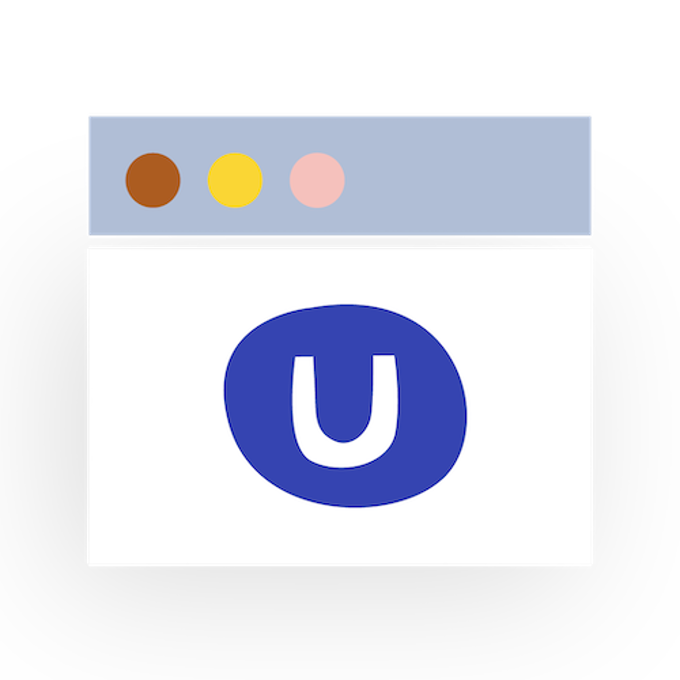What is page speed?
Website and page speed are essential for your website. It makes the first impression about your business. A slow-loading website can be frustrating for your website visitors, which will turn them away from your business and website. You should ensure that your site runs as quickly as possible to provide the best experience for your users.
What is the difference between website speed and page speed
While website speed and page speed are both important, they are not the same thing. Website speed is the amount of time it takes for your website to load, while page speed is the amount of time it takes for a specific page on a website to load. This means that you can have a slow website overall but have fast pages or vice versa.

Why is website and page speed important?
Page speed is important because it plays a role in the overall user experience. If a website takes too long to load, users are likely to get frustrated and leave the site. In addition, page speed is a factor in search engine ranking. A faster page is more likely to rank higher in search results than a slower page.
Google has announced that it will take page speed into account for search engine rankings. This change is part of their "Core Web Vitals" initiative, which aims to improve the overall user experience on the web. As a result, it is more important than ever to ensure that your pages run as quickly as possible.
There are a few different ways to measure page speed. Google provides a tool called PageSpeed Insights, which gives you a report on the speed of your pages. You can also use webpagetest.org to measure the speed of your pages.
You should aim to have your pages load in under 3 seconds. If your pages are taking longer than this to load, you should work on improving your page speed.
How is page speed measured?
Since Google introduced its Core Web Vitals there are a few of the metrics that you should pay attention to. Be advised that there are a lot of factors involved in page speed.
Largest Contentful Paint (LCP)
LCP is a metric that measures the amount of time it takes for the main content of a page to load. This metric is important because it plays a role in the overall user experience. If a page takes too long to load, users are likely to get frustrated and leave the site. In addition
First input delay (FID)
FID is a metric that measures the time from when a user first interacts with a website to when the browser is able to respond to that interaction. This metric is important because it relates to the overall user experience of a website. If a website takes too long to load, users are likely to get frustrated and leave the site.
Cumulative Layout Shift (CLS)
CLS is a metric that measures how well a page's layout is retained as the page loads. If a page shifts during loading, it can cause users to accidentally click on the wrong button on the page. CLS highlights instances when a page's layout shift unexpectedly, or the visual stability of the page.

What affects the page speed?
Improving your page speed can be a complex task, but it is essential to ensure that your pages run quickly. Google's "Core Web Vitals" initiative is an excellent place to start when trying to improve the speed of your pages. In addition, there are several tools that you can use to measure the speed of your pages and get specific recommendations for how to improve the speed of your pages.
Some of the factors that can affect page speed include the size of your images, the structure of your code, and the number of HTTP requests that your page makes. You can use Google's PageSpeed Insights tool to get a list of specific recommendations for improving the speed of your pages.
Some factors that affect page speed are:
- The size of images on the page
- The structure of code on the page
- The number of HTTP requests that the page makes
- The amount of time it takes for the server to respond to a request
If you are ready to improve your page speed we have written a blogpost full of tips and tricks from our developer community on how to improve your page speed
Sign up for our ebook to get more tips and tricks on SEO
Having a website that's SEO-friendly is important - and for some companies, it even may be business-critical.
But if you're asking yourself what "SEO-friendly” actually means and how you'll know that your website - or your CMS - lives up to that title...
We've made a white paper to answer those questions for you.
Get the complete guide to improving your SEO efforts
✅ Learn about website performance, technical, and on-page SEO features
✅ Understand how different SEO features can help your ranking
✅ Pick up a scorecard template that helps you evaluate if your website deserves the SEO-friendly label
Fill out the form and we'll make sure the ultimate SEO white paper lands right in your inbox.